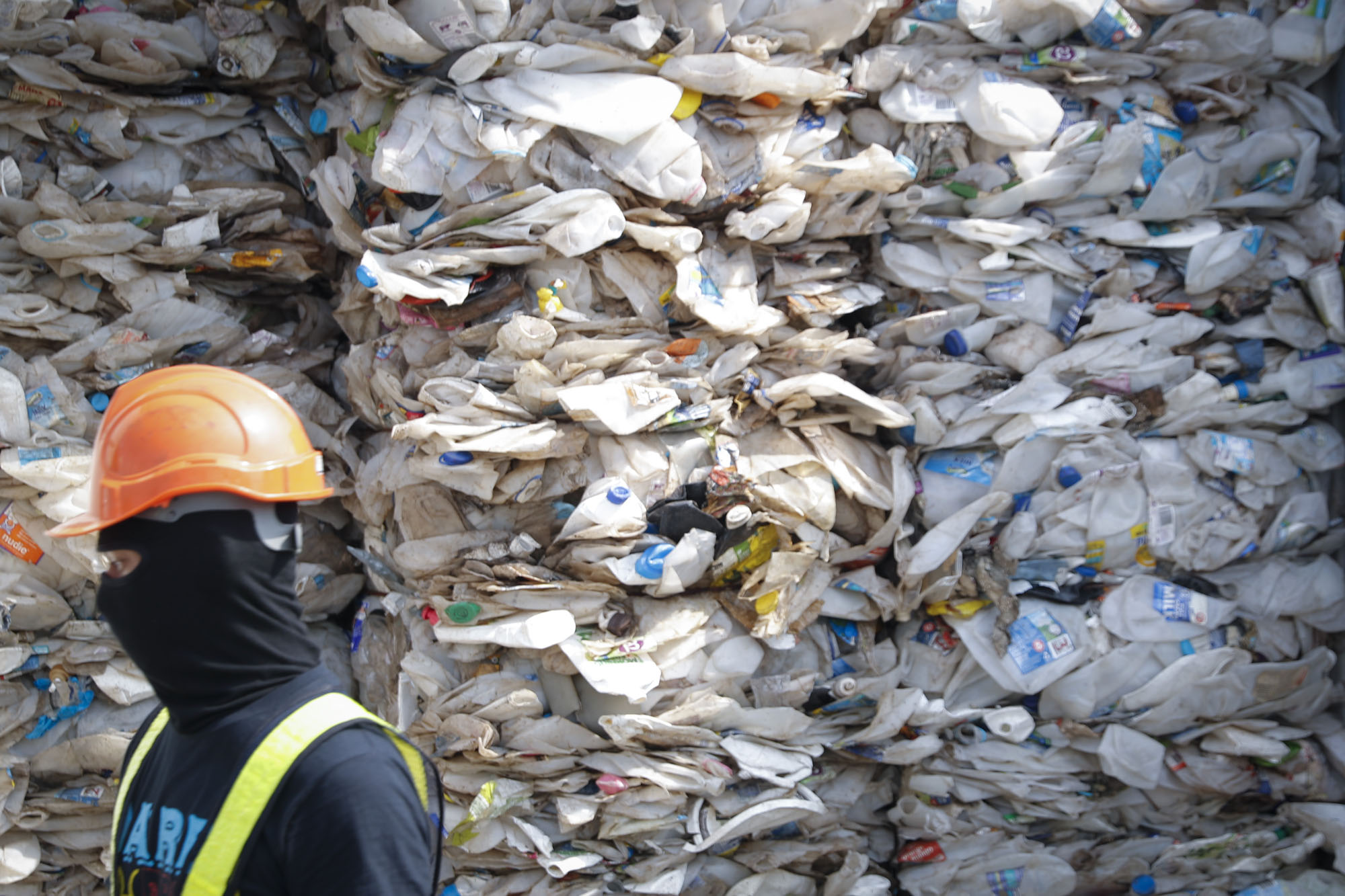Southeast Asian nations no longer want your trash. Recently Malaysia announced it was sending 3,300 tons of scrap plastics including CDs, insulated electric cables and milk jugs back to countries ranging from Australia to Bangladesh, Canada, China, Japan and Saudi Arabia. Days later, the Philippines shipped back 69 containers of dirty Canadian diapers and other refuse brought into the country between 2013 and 2014.
It's easy to see why: Smaller countries don't want to become dumping grounds for trash that looks like it belongs in a hazardous-waste bin rather than a recycling facility. What's ironic is that some of the countries forced to take back their scrap plastics don't necessarily mind. In China, Japan and especially Europe, there's growing momentum behind the idea that economies should strive to be more "circular" — in other words, that any waste they generate should be processed, recycled and reused at or close to home. Europe has set ambitious targets to achieve a continent-wide circular economy over the next three decades.
It's an attractive idea. Unfortunately, it won't work. A true circular economy can't be national or even regional. It has to be global.


















With your current subscription plan you can comment on stories. However, before writing your first comment, please create a display name in the Profile section of your subscriber account page.